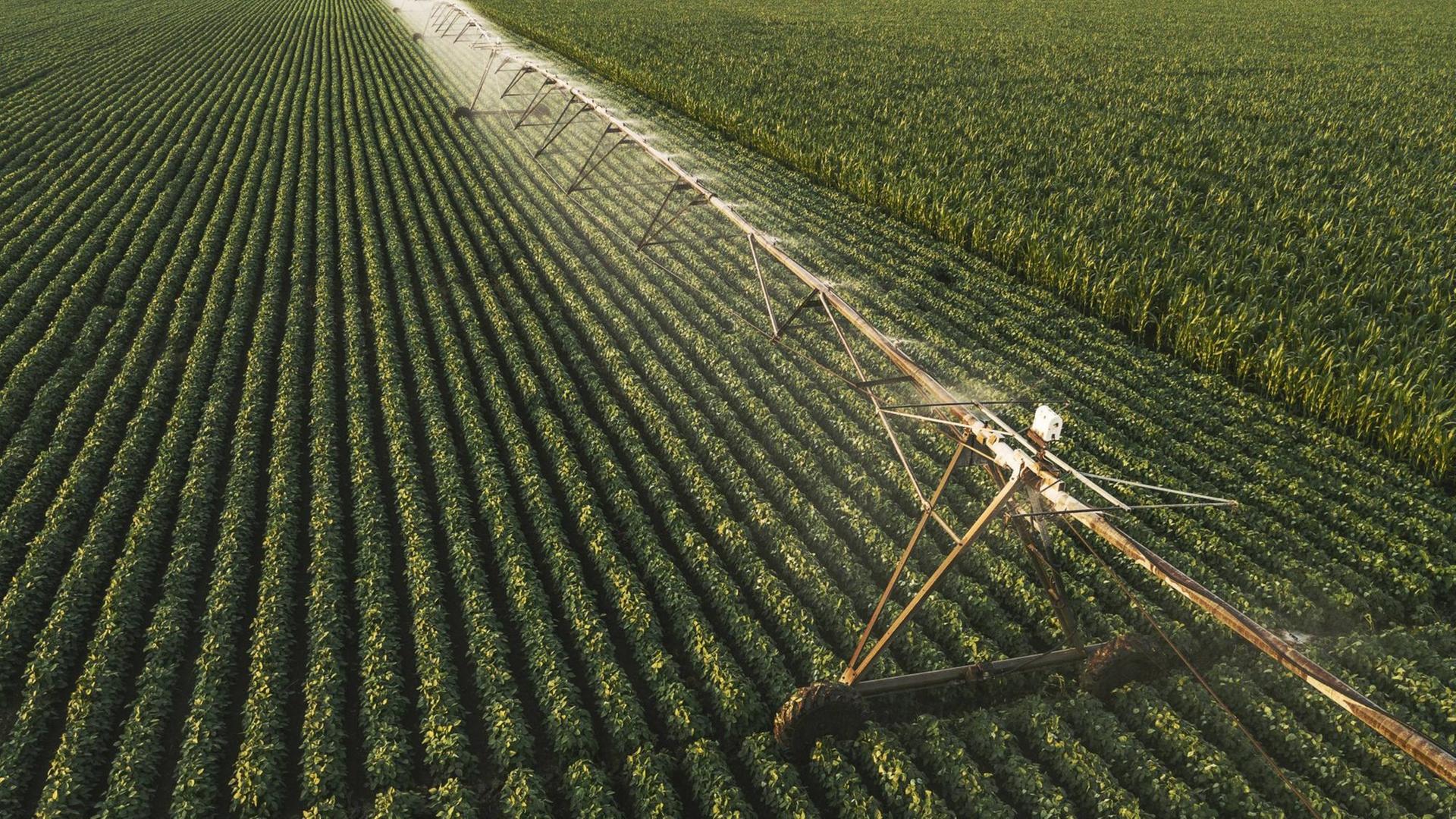The Growing Importance of Heat-Resistant Crops in Agriculture Amid Climate Change

The Challenge of Climate Change for Farmers
German farmers are facing unprecedented weather extremes, notably severe heat and prolonged drought conditions. These climatic shifts have prompted agricultural associations to project escalating yield losses for the approaching season.
Adapting Agricultural Practices
In response to these challenges, there is a growing emphasis on adopting foreign crop varieties. Additionally, artificial irrigation and rainwater retention techniques are being highlighted as essential strategies for farmers.
The Role of Heat-Resistant Crops
- Foreign varieties like soybeans and wheat are gaining traction.
- Farmers are increasingly incorporating these crops into their rotations.
- These adaptations aim to enhance resilience against climate-induced challenges.
In conclusion, the rising temperatures and changing precipitation patterns due to climate change are pushing farmers to explore alternative strategies. By leveraging heat-resistant crops, such as soybeans and wheat, the agricultural sector can navigate the challenges posed by the changing climate more effectively.
This article was prepared using information from open sources in accordance with the principles of Ethical Policy. The editorial team is not responsible for absolute accuracy, as it relies on data from the sources referenced.